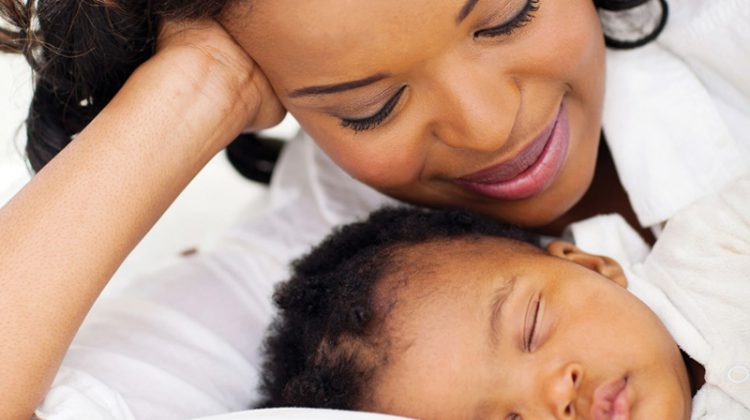By: Amy Boswell
Bringing my babies home from the hospital was always a mix of two feelings for me-overwhelming joy and pure fear. You may think that as a therapist who evaluates infants and toddlers for a living that I’d have this down to an art by now. But you would be wrong. Maybe it’s the pregnancy hormones, the sleepless nights, or the constant crying but it always takes me a bit to remember that I am actually capable of turning this helpless little infant into a functional adult (Or at least a well-equipped toddler; one step at a time.)
The most difficult thing about the first year is that you remain in a constant state of change. As soon as you master the newborn thing, “poof,” it’s over. As quickly as you stop worrying if little Johnny will ever crawl, you begin to doubt he will ever walk. The list below is a quick summary of the skills your baby will accomplish over the first year with approximate timelines for development. You are in for an amazing year so don’t blink-it passes before you know it!
Social Smile (8 weeks)
Dad is probably correct that those sweet smiles at the hospital were really gas. But at around 8 weeks of age, your little guy should start to show a true social smile in response to you.
Rolling Over (2-3 months).
Parents are often hesitant to put baby on their tummy due to the “Back to Sleep” efforts. Yes-baby should always sleep on his back. But supervised tummy time is a must for your baby’s muscle development. You will see Johnny start lifting his head from the floor, followed by kicking and moving his arms (I always call this “baby swimming” and find it particularly amusing). Pretty soon, all those efforts will pay off and cause Johnny to roll over. Note: It may take a bit longer for back-to-belly rolling as this involves a bit more coordination of muscles!
Reaching and Grabbing (3-4 months)
The adorable crinkly toys hanging from the car seat are no longer just for decoration. Your baby is likely reaching out for toys, jewelry, hair and anything else that looks interesting. Encourage baby’s reach and grasp with toys of various textures or toys that make sounds-just remember to make sure everything is safe for mouthing, because that’s exactly where it’s headed.
Babbling (6 months)
At around 6 months, baby will start to produce true babbling sounds. The first for many babies is the “dada” sound (much to mom’s dismay) but “baba” and “mama” sounds should appear shortly after.
Sitting (8 months)
Some babies may sit up as early as 6 months but as long as they hit this milestone by around 8 months, all is well. You will want to use a pillow for additional support, as well as to cushion any falls, until baby has perfected this new trick. Even though baby can sit if placed in this position, he probably will not be able to show good balance reactions or move into this position independently for another month or so.
Crawling (8-10 months)
I’ve seen kiddos crawl army style, sit and scoot, crawl backwards, or give up completely and roll from one point to the next. All of these are acceptable as baby first discovers the need to move. But by 10 months, a true crawl with the belly off the ground is really preferred from a developmental standpoint. Once true crawling is mastered, pulling up will follow closely behind.
First Steps (12-18 months)
More parents panic over the milestone of first steps than any other. Somewhere along the way, it was decided that Johnny should be walking on his first birthday. Nope. Johnny should be babbling, crawling, waving bye, and maybe even saying “dada” and “mama” as he chows down on birthday cake. But he doesn’t need to be walking just yet. Independent walking has as much to do with temperament as it does muscle development so as long as other motor milestones are typical, anywhere between 10-18 months is appropriate.
Remember, every baby is different and some will insist on taking their sweet time with every skill. But if you are worried, or your baby isn’t meeting several of the milestones listed, contact your physician or the First Steps office (852-2905) for more information.

